A novel approach, using biobanking to aid NICU patients.
The research in the following publication was supported in part by the Johns Hopkins All Children’s Foundation Institutional Research Grant Program. The following abstract was made available at the courtesy of Mary Ann Liebert, Inc. Publishers. Please visit https://doi.org/10.1089/bio.2020.0113 to read the full article.
Abstract
Repurposing biological samples collected for required diagnostic purposes into suitable biobanking projects is a particularly useful method for enabling research in vulnerable populations. This approach is especially appropriate for the neonate in the neonatal intensive care unit (NICU), where blood volume reductions can quickly increase beyond minimal risk for adverse events, such as iatrogenic anemia, and proxy consent provided by parents or guardians is required. The method described in this study provides a framework to prospectively collect and store blood-derived clinical samples after all clinical and regulatory requirements are fulfilled. The consent approach incorporated a 30-day window to allow parents and guardians ample consideration time with follow-up involvement with NICU embedded study team members. The study enrolled 875 participants over a 3-year period. This established a critically needed biobank to support investigator-initiated research with explicit study aims requiring samples at defined day of life frequencies within the NICU and created a normative control reference bank for case comparisons for premature and full-term neonates with brain injury.
Originally Published Online: 21 Jan 2021
Authors:


